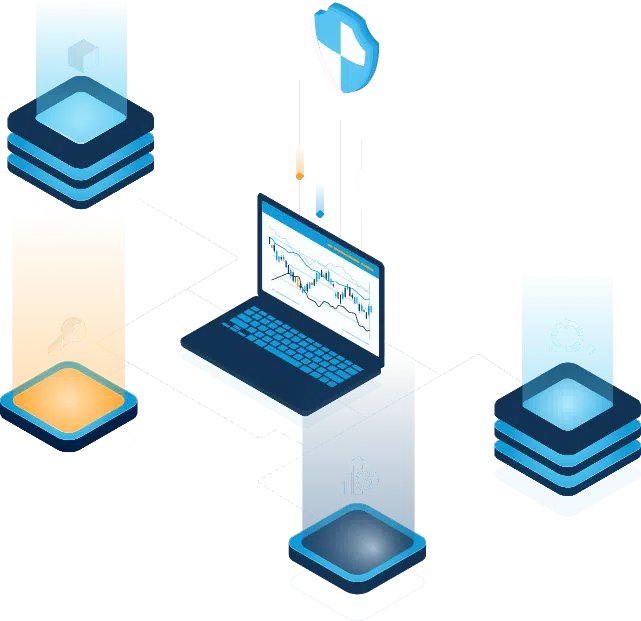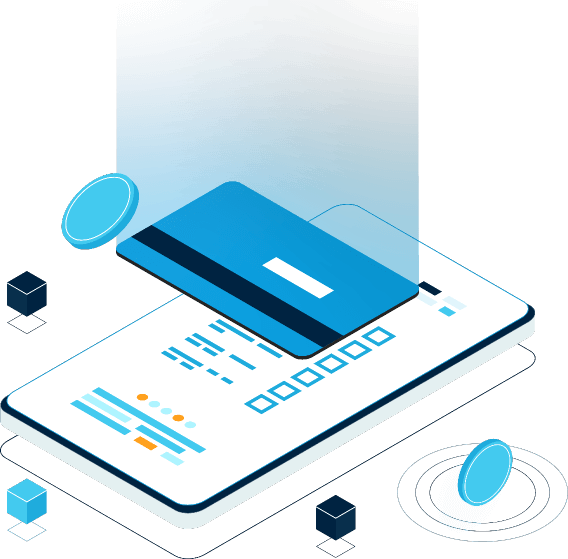

Blockchain Application in Government Sector: What Does it Mean?
The implementation of blockchain in government sector can bring multiple benefits, such as data protection, efficient processes, and decreased occurrences of fraud, waste, and abuse. In addition, it can enhance trust and accountability within the system. In a blockchain-based government model, a decentralized ledger secured by cryptographic techniques enables individuals, businesses, and governments to share resources without the need for intermediaries. This approach minimizes the risk of a single point of failure and ensures the safeguarding of sensitive data belonging to citizens and government entities.
Antier’s Expertise: Facilitating Blockchain Application in Government Sector
At Antier, we can help you integrate blockchain into your government structure to make it more secure, agile, and cost-efficient. Our seasoned blockchain engineers and subject matter experts comprehend your businesses use and devise a coherent roadmap to navigate your journey to blockchain-enabled systems.
Our experts harness their experience, expertise, and deep domain knowledge to deliver meaningful outcomes that fuel your business growth.

Blockchain Use Cases for Government
Blockchain application in government organization can revolutionize the following government processes:
What is your business use case? Connect with our
subject matter experts to discuss your use case and ride
the next wave of digital governance.

Benefits of Blockchain Application in Government Management
Blockchain application in government projects has the potential to solve the legacy pain points and offer the following benefits:
Our white label neo banking platform simplifies your banking experience with:
Why Choose Antier to Leverage Blockchain for Government Services?
By partnering with Antier, you can rely on a team of technical experts with real-world experience delivering end-to-end blockchain services.
Our Partners
Frequently Asked Questions
Immutable records
Once a transaction is recorded on the blockchain, it is there forever. This provides a transparent and auditable record of all transactions, which can help to reduce corruption and improve accountability.
Smart contracts
Smart contracts automate government services and reduce the risk of fraud or corruption.
Public/private key cryptography
Blockchain uses public and private key cryptography to ensure that only authorized parties can access and modify data on the blockchain. This can help to prevent unauthorized access to government data and improve data security.
Audit trails
Blockchain provides a transparent audit trail of all transactions, which can help to improve accountability and reduce the risk of fraud.
Automate the procurement process, from the submission of bids to the awarding of contracts.
Automate the transfer of property titles and deeds.
Automate voting processes and ensure the integrity of elections.
Automate the distribution of social welfare payments.
Streamline processes by reducing the need for intermediaries and manual processes.
Automate processes through the use of smart contracts.
Reduce fraud and corruption by providing a tamper-proof and transparent record of all transactions.
Improve data security by providing a secure and decentralized platform for storing and sharing data.
Enhance transparency and accountability by providing a transparent and auditable record of all transactions.


























































